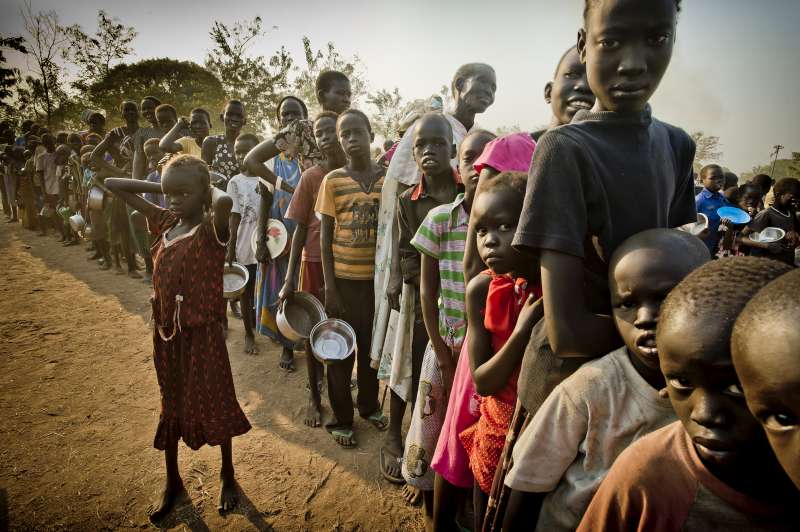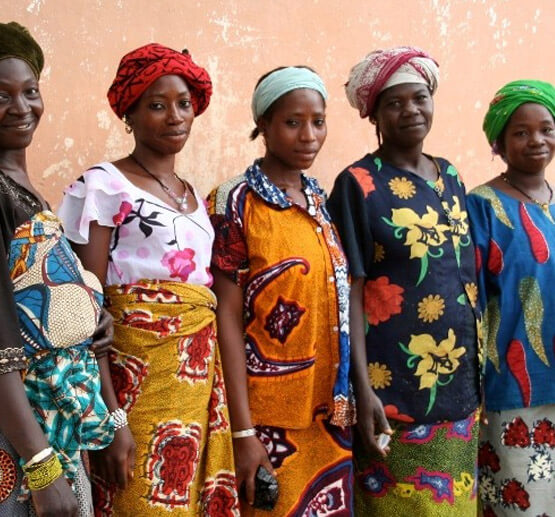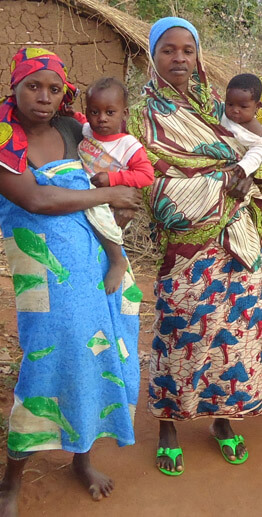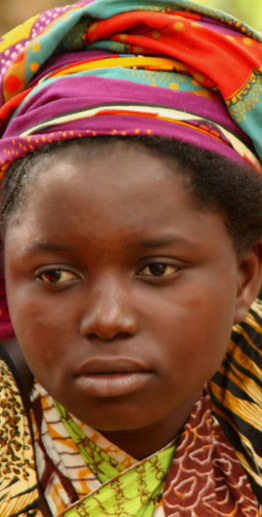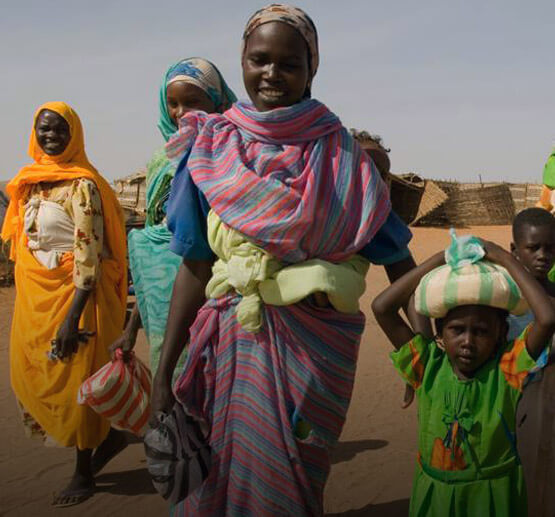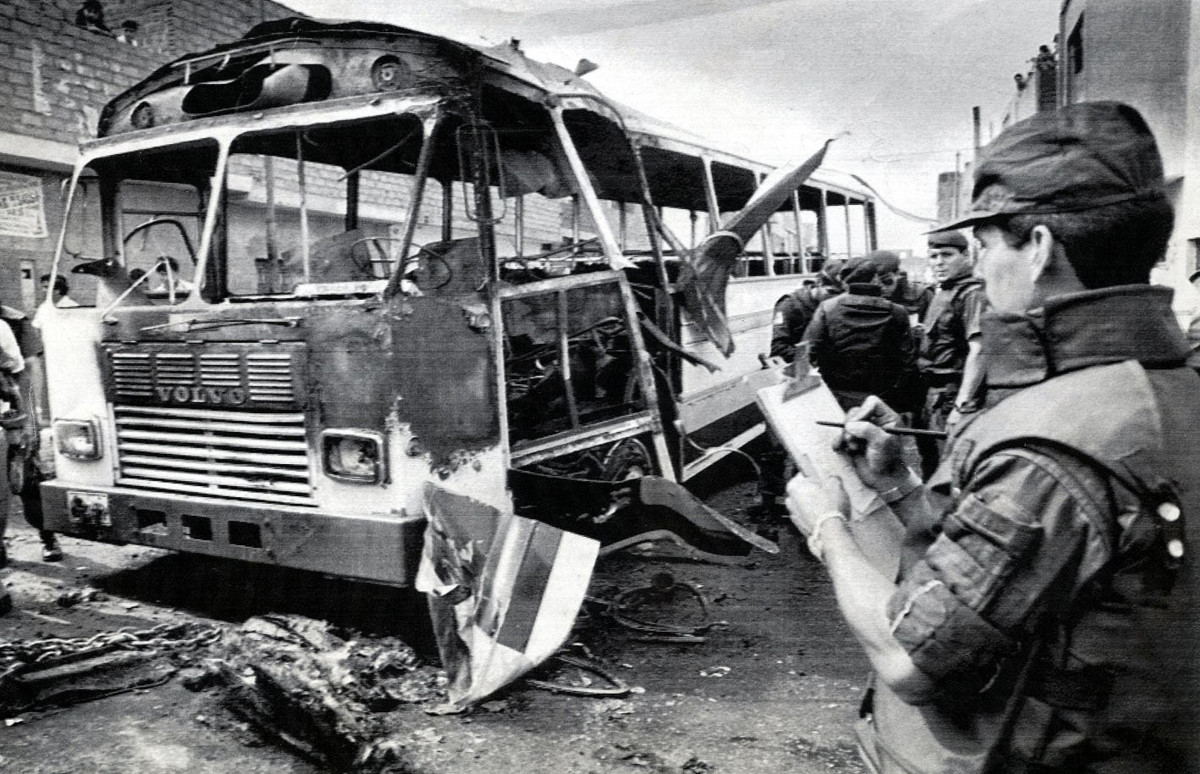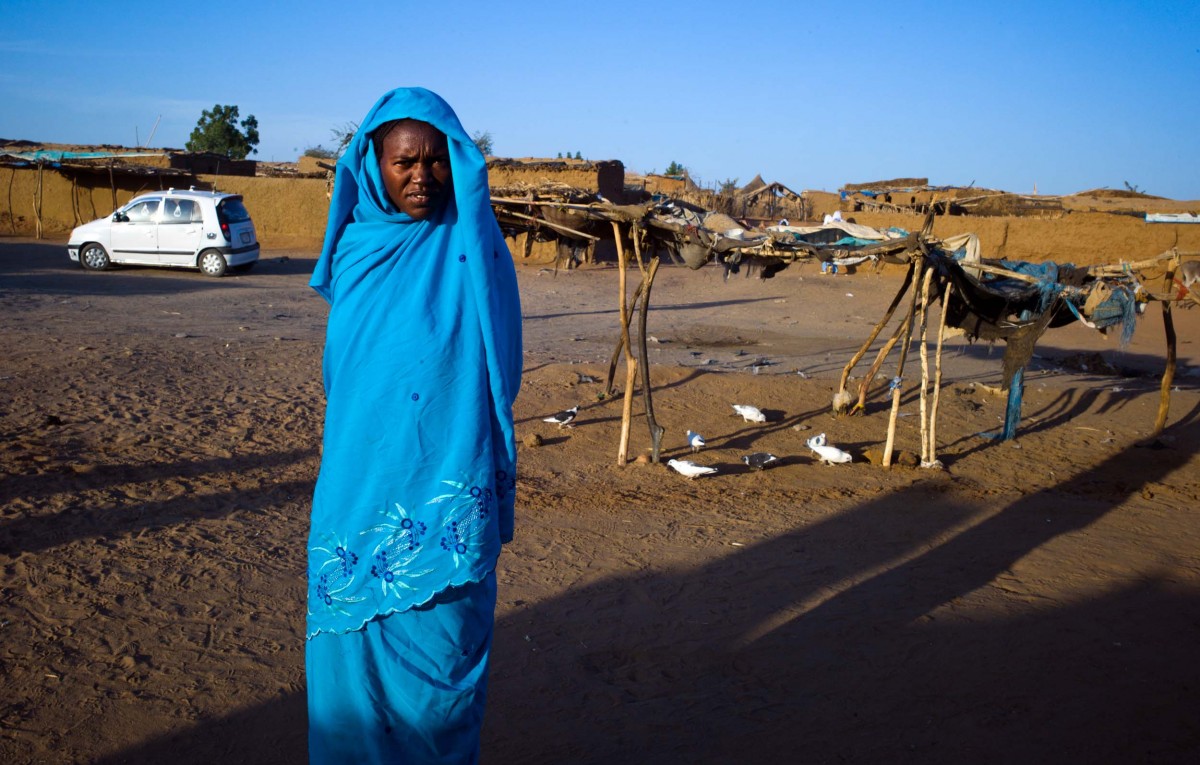DARFUR NEEDS YOU NOW MORE THAN EVER
SPEAK UP
SILENCE KILLS MORE PEOPLE
EVERY DAY!!!!
Fourteen years into Darfur’s catastrophe and civilian casualties increase each day while the world remains SILENT!!!
Violence, rape, arrests, and torture have devastated the lives of the innocent civilians in Darfur. Countless men, women, and children have lost their lives while the living endures unimaginable suffering with nowhere to turn. Despite the alarming rate at which the violence continues, world leaders have faced the situation in Darfur with silence. Those who have spoken out have not moved beyond words of condemnation.
At the beginning of 2017, the Sudanese army attacked innocent civilians in the cities of Nertiti and Elgenaina, West Darfur. These were not the only attacks the Sudanese army has carried out. Subsequent reports out of Darfur highlight the systematic rape of women and girls. While this happens, while the people of Darfur continue to suffer, the international community is moving toward rewarding Sudan.
As you may have seen, 2016 was a challenging year for our people in Darfur, and we were hopeful that 2017 might be different. Unfortunately, the attacks continue at an alarming rate, and the international community is continuing to fail Darfur. Amidst the atrocities taking place in Darfur, the Sudanese government is working hard to change its narrative. President al-Bashir and his accomplices are doing so by confusing the facts on the ground and reporting that Darfur is peaceful, thus perpetuating his lies. Millions of people are displaced. There are refugees under attack with nowhere to go. The Arab Janjaweed Rapid Support Forces have been fully integrated into the Sudan Armed Forces and have been granted the permission to kill burn and oppress the people of Darfur. The Sudanese Government has falsely declared a ceasefire, only to prepare for the largest offensive in years.
The Situation Remains Urgent:
Throughout 2016, violent attacks, killings, rapes, arrests, and torture have devastated the lives of the long-suffering innocent civilians of Darfur. Many men, women, and children have lost their lives, and those who have been forced to flee have nowhere to turn due to the restriction of humanitarian aid.
Starting in January 2016, there were unprecedented attacks in Central Darfur’s Jebel Marra. Amnesty International estimated that well over 250 chemical bombs were dropped on villages solely inhabited by civilians, killing mostly women and children. There have been an estimated 30 attacks from January 2016 to September 2016 The United Nations has failed to report the use of chemical weapons in Darfur, to provide an accurate account of what is happening, nor to provide an estimate of how many innocent lives have been lost. By failing to do this, the UN has helped pave a path for al-Bashir to get away with genocide.
Consequently, a new surge of violence continued throughout 2016 in Central Darfur. The Sudanese government intensified ground attacks as well as aerial bombings in Jebel Marra. The targeted areas are mostly inhabited by civilians, a majority of whom are affected, women and children. According to sources on the ground, about over 400 villages around Jebel Marra have been destroyed and over 400,000 people have been forced to flee, some to the caves at the top of the Marra Mountains. The remainder has been driven to camps and nearby cities seeking protection, still struggling to survive as they have been left to sadly face the harsh winter, the flood in the rainy season and the harsh tropical sunshine without shelter or food. Reports also confirmed that the Janjaweed and the Government forces had raped many women and girls and some were even taken hostage; their fates remain unknown. Many more of those who have not been able to flee are trapped on mountaintops living in caves without humanitarian assistance
The Ongoing Tragedy:
What you may not know is that there are about 400,000 people who have repeatedly been displaced in 2016, adding to those who were already displaced. Over 3 million people remain in camps and have been there for last 13 years as violence escalates and the government of Sudan severely restricts humanitarian efforts. Rape and all forms of sexual abuse continue at an alarming rate in the displacement camps where women are the majority inhabitants. For 13 years, millions of Darfuris have remained displaced and continue to live in fear without the possibility of returning home, while the number of newly displaced people continues to grow exponentially. Many of the targets also include college students who are being abducted, imprisoned, and killed. The genocide continues unabated.
Darfur Still Faces Challenges:
President al-Bashir, the mastermind behind the genocide in Darfur and a man indicted and wanted by the International Criminal Court (ICC), is still actively pursuing his genocidal campaign in Darfur and other regions of Sudan. Despite the alarming situation in Darfur, the international community has chosen to ignore it. Similarly, the mainstream media has failed to cover the current situation, and the ongoing genocide is no longer making headlines. Sources, such as The New York Times and The Washington Post, that used to report on Darfur, no longer report on the ongoing atrocities. The government of Sudan has made every effort to isolate Darfur from the outside world. For example, President Obama’s special envoy to Sudan and South Sudan never even visited Darfur. The Representative of the UN Secretary-General on Sexual Violence in Conflict Zones has also failed to visit Darfur in recent years despite the weaponization of rape which prevalence remains unhindered. UNAMID, the forces that have been put in place to protect civilians, have failed to carry out their mandate and remain under severe restrictions. Impartiality and incompetence have characterized the mission. UNAMID spokesperson, Aicha Elbasri reported that UNAMID had not reported deaths and sexual violence committed by the regime forces. In many instances, UNAMID leaders attempt to please the Sudanese government by helping them falsify information related to Darfur, while innocents suffer due to their neglect.
Al-Bashir, the indicted genocidal criminal, has successfully blocked access to information from Darfur to continue his crimes and get away with murder.
Bashir is Changing the Narrative:
In 2017, the Sudanese government began to form a new narrative which has sadly been reinforced and accepted by leaders within the African Union, European Union, and the United States. The narrative is a propaganda lie about the situation in Darfur. The new version of Darfur that al-Bashir paints state that there is little to no violence in Darfur. This narrative ignores the millions of the genocide victims who are still under attack, rape, and oppression with total impunity. On the contrary, the Janjaweed Arab militias (Rapid Support Forces) have grown more powerful, still committing crimes and controlling everywhere in Darfur including the cities. Despite the alarming situation in Darfur, the international community has chosen to ignore al-Bashir’s leading role in the massacre as its leaders look the other way. Similarly, the mainstream media has failed to cover the current situation and the ongoing genocide. Darfur is no longer making headlines in the New York Times, Washington Post, Aljazeera network or the BBC – as it had in the past.
Likewise, many advocates have moved away from the Darfur issue or have passively accepted the narrative imposed by the Sudanese government, which replaces the word “genocide” with “mass atrocities or conflict.” It may seem like a simple grammatical tweak, but there are severe consequences to this change. Avoiding the word “genocide” waters down the urgency of the situation in Darfur and allows the world to move away from this issue and focus on other international crises around the world
The Lifting of Sanctions and the Failure of the European Union:
While the genocidal campaign continued uninterrupted, in his last week in office, President Obama shamefully lifted the sanctions against Sudan using the same fictional justification that was propagated by the Sudanese government. The two previous administrations initially had imposed these sanctions as the result of Sudan harboring terrorist grounds and committing genocide in Darfur. Lifting sanctions are the equivalent of giving the government of Sudan a free pass to international trade, investment and more financial transaction and cash in hand, which will further enable them to slaughter and rape the innocent people of Darfur.
To date, no credible information shows that Sudan has ceased its support to terrorist groups nor ended its attacks in Darfur. Reports indicate that attacks in Darfur have actually escalated and now include the use of chemical weapons. The conditions for permanently lifting sanctions are that Sudan must cut ties with terrorist groups. Secondly, and more importantly, Sudan must end its attacks in Darfur, allow unhindered humanitarian access, disarm the Janjaweed militias and bring lasting peace to Darfur and Sudan. Regrettably, the Sudanese government has worked to falsify reports, rather than being genuine and lasting peace to Darfur.
The European Union has already established collaboration with Sudan in an attempt to curb the flow of African refugees to Europe by giving Sudan €100,000. The EU made the deal while knowing that the ICC still wants to arrest Bashir. The hypocritical nature of the deal is not something to take lightly. Many of the countries in the EU abide by the Rome Statute, and to make a deal with Sudan while arrest warrants for al-Bashir are still in place is a direct violation of the moral codes many of the countries have held.
With the money from EU, Sudan has empowered the Rapid Support Forces, militias that have committed and will continue to commit unimaginable crimes against the people of Darfur under the pretext of “protecting” them.
The reality is that the Janjaweed, in addition to committing violence against the people of Darfur, are trafficking refugees fleeing prosecution from Sudan’s neighboring countries. The EU is enabling this with their ignorance. While the deal may have been set up with good intent, the reality proves that it has further prolonged the suffering of many Darfuris and others.
Many advocates have moved away from Darfur or have accepted the change of narrative that the Sudanese government and its allies are promoting. They accept the changes in language, the replacing of the word “genocide” with “atrocities” to water down the urgency of the situation. This has let the international community treat Darfur with less urgency and has allowed the world to move away from focusing on Darfur.
We can still change this if we speak up. We know it’s difficult but not impossible.
This month is critical in shaping Sudan’s relationships with the rest of the world. At the end of June 2017, the new administration will review the possibility of permanently lifting sanctions against Sudan. The collaboration between the EU and Sudan is also advancing. That is why we need you and your support. Together we must speak up and demand that our leaders not reward a genocidal regime or promote impunity for genocide!
Trends of Recent Escalation:
The fact is that in the last four years Darfur has witnessed the increase of destruction and horrific disregard for the lives of innocent men, women, and children.
Some of you may think the crisis in Darfur has ended because it is not being reported in the news, but the truth is that over 460,000 Darfuris were displaced in 2013 and in 2014, another 500,000 were displaced. And in the span of twenty-four hours on October 14, 2014, 221 women and girls were raped in Tabit village. Those who committed such a vile act have suffered no consequences! What happened to those 221 women and girls is not an isolated incident but a systematic tactic and deliberate policy of the regime. Then in the first three months of 2015, 233,000 people were displaced, and 2016 saw another 400,000 people displaced. While declaring a false cease-fire, the Sudanese Armed Forces massacred 13 people and over 50 were injured in Nertiti, West Darfur. Similar attacks took place in Elgeneina, the capital of West Darfur, as recently as June 2017. The government has indiscriminately attacked over 20 villages in North Darfur where thousands have fled their homes and are still in need of urgent humanitarian assistance.
Refugees Continue to Face Challenges:
On December 18th and 19th, 2015, 700 Darfuri refugees, who had escaped the genocide, were suddenly and forcibly deported from Jordan back to Sudan, to face the very genocidal regime from which they had fled.
In a recent statement, the Sudanese Vice President reported that the government of Sudan had declared a plan to end displacement by 2017. While the plan may sound like an attempt to stop the genocidal campaign in Darfur, in reality, it means wiping out the helpless citizens who are internally displaced and living in camps.
Darfur 2017 has witnessed constant attacks, especially in Nertiti, Jebel Marra and West Darfur, including constant attacks on women. Sexual violence is escalating every day. In most cases, women are stabbed when they fight back or refuse to be raped.
In 2016, while attacks continued, the Sudanese government held a referendum in and on Darfur. Of course, the people of Darfur did not have the ability to vote, due to the constant attacks being carried out by their government. Most of the land from which refugees have fled have been redistributed to Arab tribes and new settlers, who were brought by the Sudanese government to inhabit the Darfur region. This is a dangerous move which represents the final stage of the Darfur genocide if it is allowed to continue. What is going on in Darfur today is very systematic; it is directed towards the same group whom the government has singled out for extermination since 2003. In a sense, it is Sudan’s “Final Solution.”
This is why we need you, your voice, and your support!
With the all persisting challenges, the Darfur Women Action Group and its supporters have remained vigilant and have refused to stand idly by. We say NO to the silent conspiracy in Darfur and have decided that we must speak up, continue to empower the survivors and continue to educate and mobilize citizens like you.
To set the record straight, DWAG has created a “Facts versus Fiction Campaign” to provide our supporters with accurate information about the genocidal campaign in Darfur.
We call upon our supporters and our volunteers to stand with us. We are currently mobilizing and organizing the Darfuri diaspora within the United States and across the globe to use their voices to bring more attention to this terrible situation and demand that our leaders act now before it’s too late.
We can’t do this without your support, and that is why we are calling upon you. We know you care and you will not be a bystander in the face of these horrific crimes. DWAG believes that in the face of genocide, we must not let our leaders turn a blind eye. In the face of genocide, every human being has a moral and ethical obligation to do whatever they can to stop it. We need you to add your voice and speak with us and mobilize the masses. If we can reach out to more people, we will compel our leaders to act promptly.
DWAG needs resources and manpower to change this. We at the Darfur Women Action Group are determined to continue to fight against these horrific crimes. We will continue to expose al-Bashir’s offenses to the world and will continue to fight for justice for the victims and accountability for the perpetrators of the world’s worst crimes.
Our voice has been loud, and we have given hope to the affected community and ensured that their plight will not be forgotten.
We need you all. Together, we must continue the fight to make sure that al-Bashir and his cronies do not get away with murder.
In the coming days, we will continue to share updates and provide you with opportunities to take action.
Please help us spread the word and get more people involved.
Do what you can from where you are to empower us to continue to fight for justice in Darfur and across Sudan. As Dr. Martin Luther King Jr. said, “The time is always right to do the right things”.
There are many ways you can get involved and help us change the reality for the people of Darfur;
- Write a letter to your representatives asking that they prioritize Darfur and ending genocide in their policy.
- Write a letter to the editor of your local newspaper asking them to bring attention to Darfur.
- Donate to help DWAG secure more resources to fight against these unprecedented challenges.
- Volunteer to become a DWAG ambassador who can spread the word and ensure that others know about Darfur.
- Use social media or send us a recorded message asking others to join.
With our collective effort, we can make a difference.
We are grateful to have you all by our side.
With gratitude,
Niemat Ahmadi
